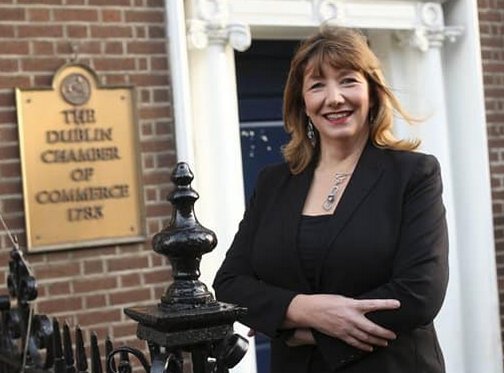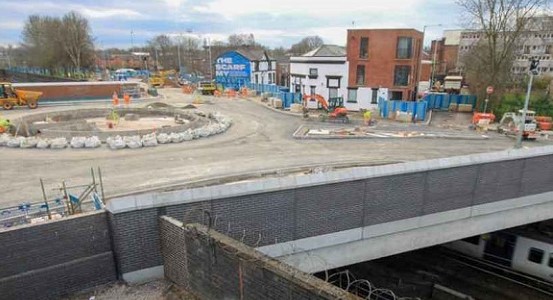An air of uncertainty still looms over parts of the Midlands commercial property market but much of with the region has shown some tentative signs of optimism post Brexit, according to the latest RICS Commercial Market Survey. On the whole the commercial property market across the Midlands has started showing some signs of recovery. Occupier demand edged up in Q3 with 21% more respondents reporting a rise in demand at an all sector level (up from 7% in Q2). This modest improvement is mostly driven by the industrial sector, with 27% more respondents reporting a rise in demand for industrial property across the region. Demand for retail space also returned to positive following last quarter’s negative reading.
This improvement in sentiment regarding occupier demand is replicated across most regions, and whilst indicators have not retraced all the lost ground since the referendum, demand growth in the Midlands outpaced the rest of the UK with London and Scotland reporting a decline. Anecdotal evidence suggests that political uncertainty is still having an effect on some areas of the market. Rent expectations also recovered this quarter with a net balance of +13% of respondents now anticipating positive near term rental growth in Q3 following a reading of -2% in Q2. Again, most of the improvement is driven by the industrial sector, with 25% more respondents expecting an increase.
Investment enquiries across the Midlands have also seen an increase in Q3 after a fall in Q2. Across all sectors, 19% more respondents saw a rise in investment demand. Foreign investment appetite also improved across all areas of the market according to the latest result, as overseas purchasers look to capitalise on the opportunity to buy prime assets given the significant discount provided by the weak pound.
As sentiment turned positive in comparison to Q2, capital value expectations also recovered noticeably. For the next three months, a net balance of 18% more respondents expect capital values to increase, with industrial and office markets expected to see the strongest gains. Meanwhile, retail expectations were flat this quarter.
In an additional question designed to capture the impact on business of the of the EU referendum some 27% of Midlands respondents claim they have seen some evidence of firms looking to move away. Northern Ireland (36%) and Central London (26%) also returned the highest proportion of respondents seeing evidence of this trend.
Both UK and Global contributors were also asked if they expected to see an increase in business moving away from Britain over the next two years. On a UK-wide basis, two thirds of respondents answered ‘No’. However, again, Northern Ireland (71%) displayed the highest share of respondents who felt firms were likely to move and in Central London, 47% expect some businesses to relocate over the coming two years. In comparison, when the question was asked to our global respondents for the RICS Global Commercial Market Monitor, over 30% of respondents in Poland, Germany and Ireland claimed they have already received enquiries from companies looking to relocate part of their business away from Britain. A smaller, but not insignificant, share of contributors in Spain, the Netherlands and France also reported having seen such enquiries since the vote in June.
Simon Rubinsohn, RICS Chief Economist, commented: “The negative mood in the Q2 survey reflected the fact that it was conducted in the immediate aftermath of the referendum. The latest results suggest that the commercial market has subsequently settled down which is broadly consistent with much of the other macro news flow that has emerged over the past few months. In particular the rebound in our occupier demand indicator suggests that for at least the time being, the UK economy is proving relatively resilient.
“Interestingly, the feedback we have received was noticeably more cautious in Scotland and parts of London but despite this, the RICS results do suggest that the drop in the pound is encouraging foreign investors to show interest in the market particularly in the capital.”
Jonathan Moore MRICS of Shortland Penn + Moore commented: “Market conditions have remained fair this quarter as has occupier interest. Investment activity is improving post summer and Brexit.”
















